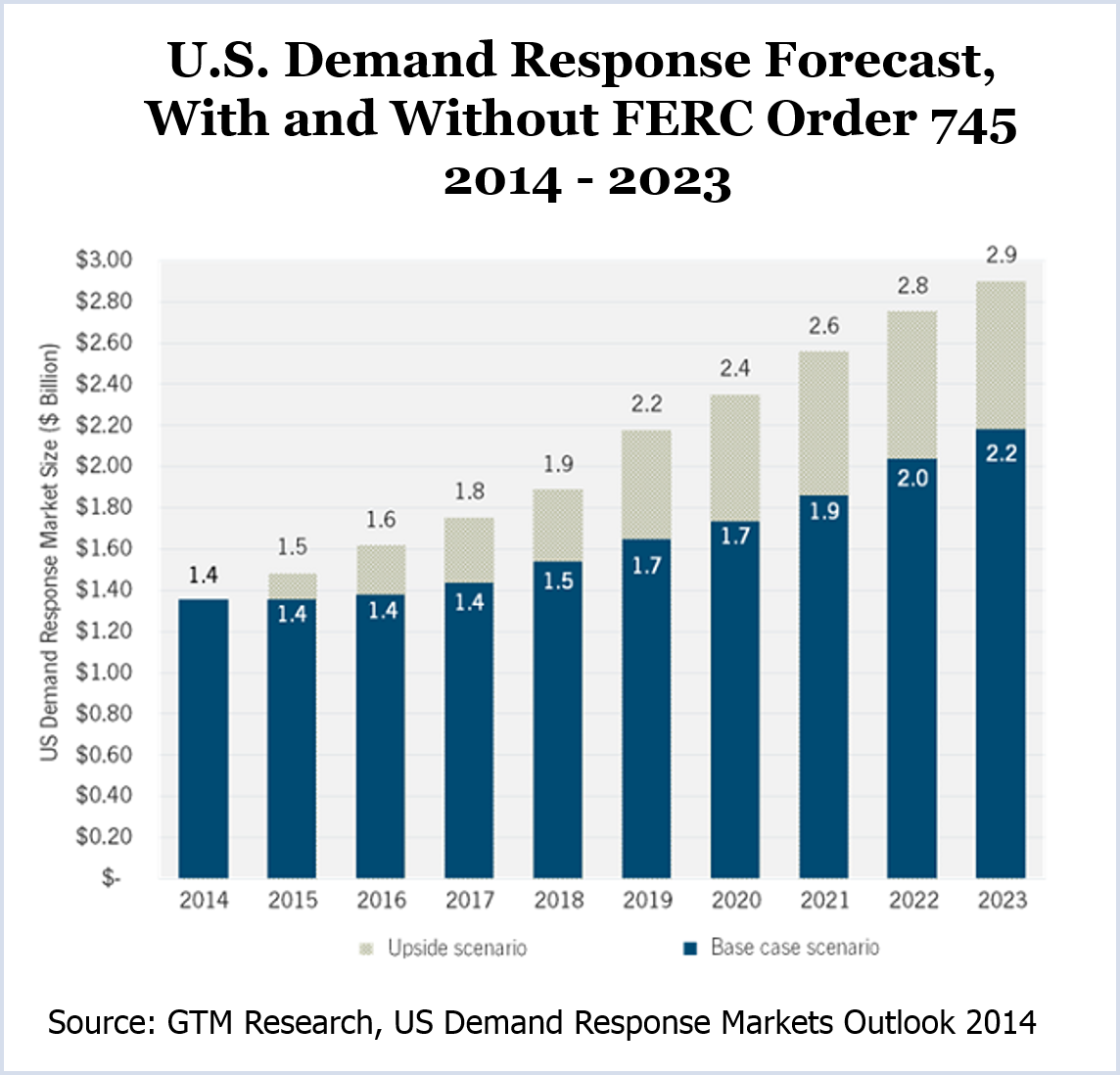
The D.C. Circuit Court of Appeals rejected requests by FERC, PJM and other parties for an en banc review of a May 23 ruling by a three-judge panel that overturned FERC Order 745.
The court ruled 2-1 that FERC’s order, which required PJM and other RTOs to pay demand response resources market-clearing prices, violates state ratemaking authority. (See Court Throws Out Demand Response Rule.)
FERC Chairman Cheryl LaFleur and Commissioner Philip Moeller said they were disappointed in the ruling.
“We have a variety of opinions on that across this table. Personally I was sad to see it denied because I did not want our commission to lose jurisdiction over demand response,” Moeller said at last week’s commission meeting. “While the final chapter hasn’t been written I thought it was unfortunate. It’s not the end of the world if states are the ones now that have to procure DR. It’s real money to real consumers. They will treat it responsibly.”
Commissioner Tony Clark, who supported the court’s ruling, said DR could still be used for planning in conjunction with price-responsive demand and advanced metering.
“This is now an opportunity for us to move forward,” he said. “It does not mean we should ignore demand response. Rather DR reductions can still be accounted for if they’re measurable, verifiable.”
LaFleur said she would consult with her colleagues on whether to ask the Supreme Court to review the ruling — a very long shot — as well as discussing what guidance the commission can provide the regions assuming the ruling stands.
Ex Parte Rule
PJM General Counsel Vince Duane told the Markets and Reliability Committee meeting Thursday that RTO officials cannot discuss the matter with the FERC commissioners because of ex parte rules.
Duane said PJM will issue a report in several weeks outlining potential responses to the order. “It will be more of a thought piece than a position paper or white paper,” he said.
While the ruling dealt specifically with the treatment of DR in wholesale energy markets, Duane said “I think the capacity market jurisdiction is impacted very squarely by the court opinion.
“There may be some of our rules that encroach on what really looks more like a retail activity.”
Yesterday, FirstEnergy filed an amended version of its complaint (EL14-55) seeking to eliminate the DR that cleared in May’s Base Residual Auction. Duane said, “I tend to think that’s a long shot” that FERC will undo the BRA results.
Order 745
Order 745 required PJM and other RTOs to pay DR participating in the day-ahead and real-time energy markets LMPs identical to those for generation.
FERC said it had authority for the order under sections 205 and 206 of the Federal Power Act because reducing retail consumption through DR can aid reliability and lower wholesale prices. The commission made a distinction between “price-responsive” DR, which it acknowledged was a retail product subject to state regulation, and responding to incentive payments, which it called “wholesale demand response.”
The court’s majority, ruling on a complaint by the Electric Power Supply Association, disagreed. “A reduction in consumption cannot be a ‘wholesale sale’” and thus does not come under federal jurisdiction, the court said.
Demand Response Growth Forecast Cut
A study by Greentech Media predicts that the loss of Order 745 will reduce the annual growth rate of the DR industry from 8% to 4.9% through 2023. The report predicts the $1.4 billion U.S. DR market will grow to only $2.3 billion in 2023, down from a previous forecast of $2.9 billion.
Report co-author Geoff Wyatt said DR providers will have to adapt their business models in response to the ruling. “With more policy decisions being made at the state level, the fragmentation of the demand response market will only be exacerbated,” he said.
Shares in DR market leader EnerNOC closed Friday at $18.76, down 6% for the week but virtually unchanged from where they stood before the court’s May 23 ruling.



